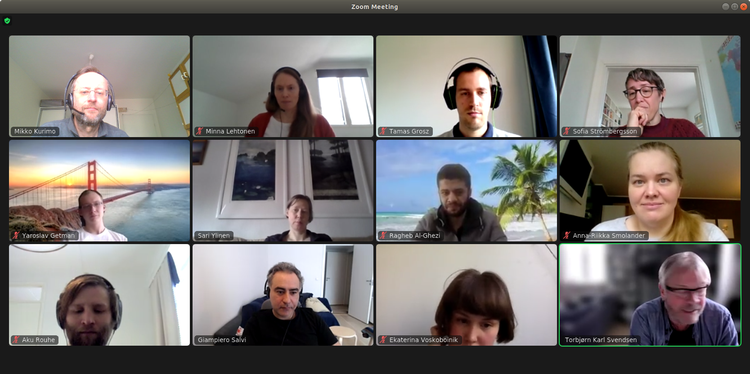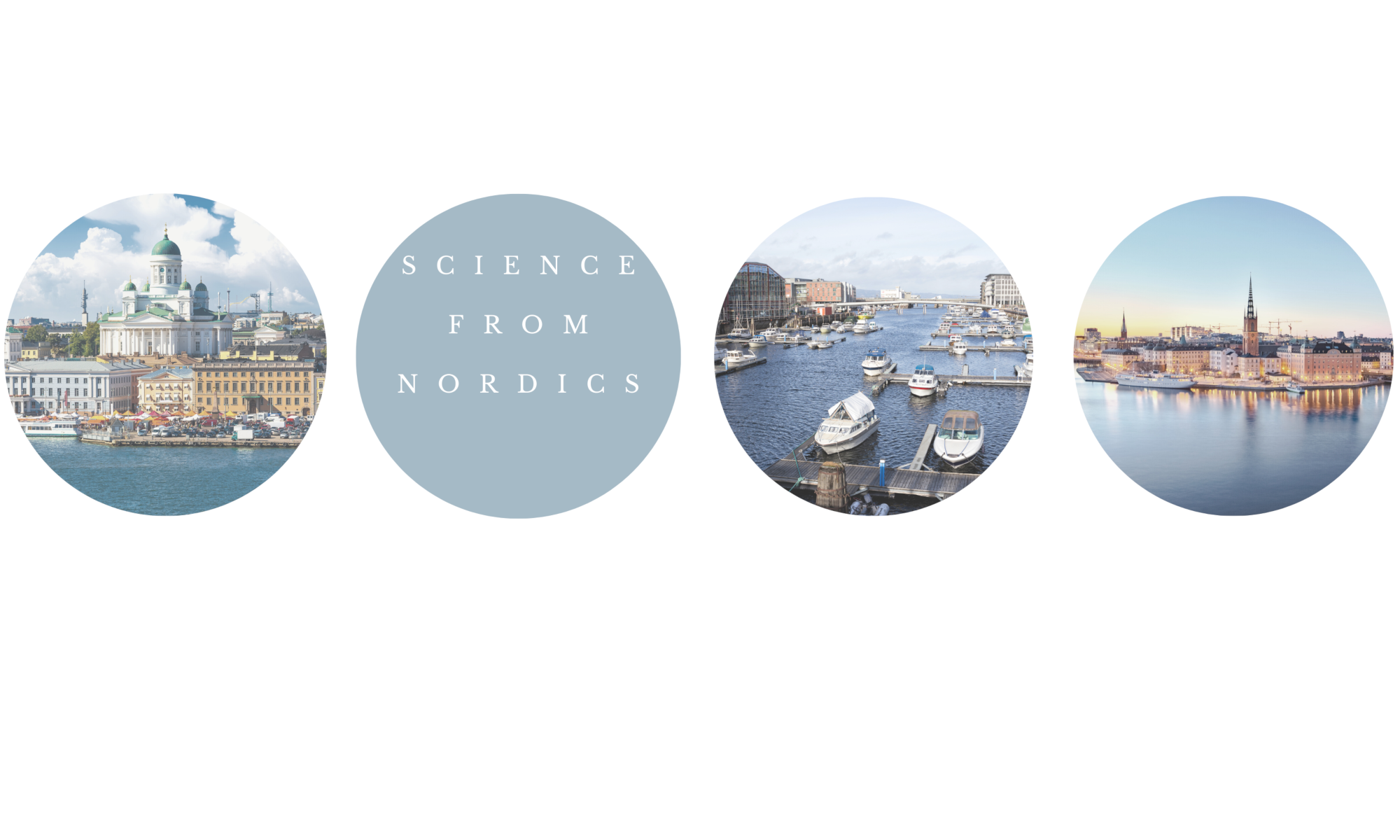
The 6th of April was a great day. All the Teflon team members from Finland, Norway and Sweden were meeting for the first time. The spritits were high! Thank you Nordforsk for financing this project!
Planning is a crucial part of such a big project and the first three days we were going through the schedules, plans and cooperation possibilities.
Here’s a quick introduction of the multidisciplinary Teflon team partners:
- Mikko Kurimo Aalto University, Finland
- Sari Ylinen, University of Helsinki, Finland
- Minna Lehtonen, University of Oslo, Norway (Turku, Finland)
- Pernille Hansen, Inland Norway University of Applied Sciences, Norway
- Giampiero Salvi, Norwegian University of Science and Technology, Norway
- Torbjørn Svendsen, Norwegian University of Science and Technology, Norway
- Sofia Strömbergsson, Karolinska Institutet, Sweden
Research for a reason
Nordic countries face the challenge of social integration of immigrants to the society. Language learning and especially oral language skills are critical for their integration. Immigrants with poor language skills are at risk of social exclusion, facing difficulties in contacting local people and finding employment. Also immigrant children should learn the language of their environment quickly to adapt to their new environment and to use the language in school and with their peers. The demand for learning Nordic languages as a second language (L2) is high: In 2018, about 132 000 immigrants moved to Sweden (Sweden and migration, 2019), 52 000 to Norway (Statista, 2019) and 31 000 to Finland (Statistics Finland, 2019).
Acquiring proficiency in a new language is challenging for many learners. To speed up learning but to avoid high costs of individual tutoring for the Nordic societies, new techniques of teaching languages suitable for scalable digital applications are needed (Meltzoff et al 2009).
New solutions
Digital applications enable language learning already before immigration. Moreover, digital applications are urgently needed in all learning, as shown by the current coronavirus epidemic outbreak, resulting in closing of schools in many countries. With digital applications, teaching can be provided by means of distance education (i.e., remote learning without physical contact). Such applications are likely to be in increasing demand in the future and many of them may require speech technology that is robust enough for non-native speakers which is currently not available for Nordic languages. While the importance of well-performing speech technology is growing rapidly in all languages, the smart speakers, robots, games and toys are emphasizing the importance of a new user group: the children.
Covid-19 is causing it’s own barriers for this project as well but we truly hope that the recruitments and pilots will be succesful and achievable within the targeted schedule.
The recruitment is active at the moment. Later there will be an introduction post of research groups from each university. We are very excited to see who are the new talent joining our experts of Teflon project.
